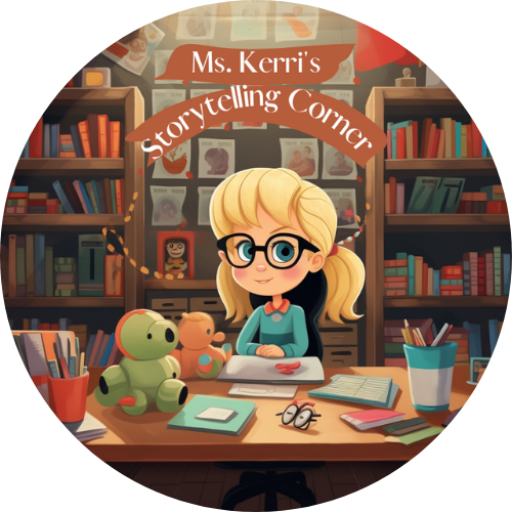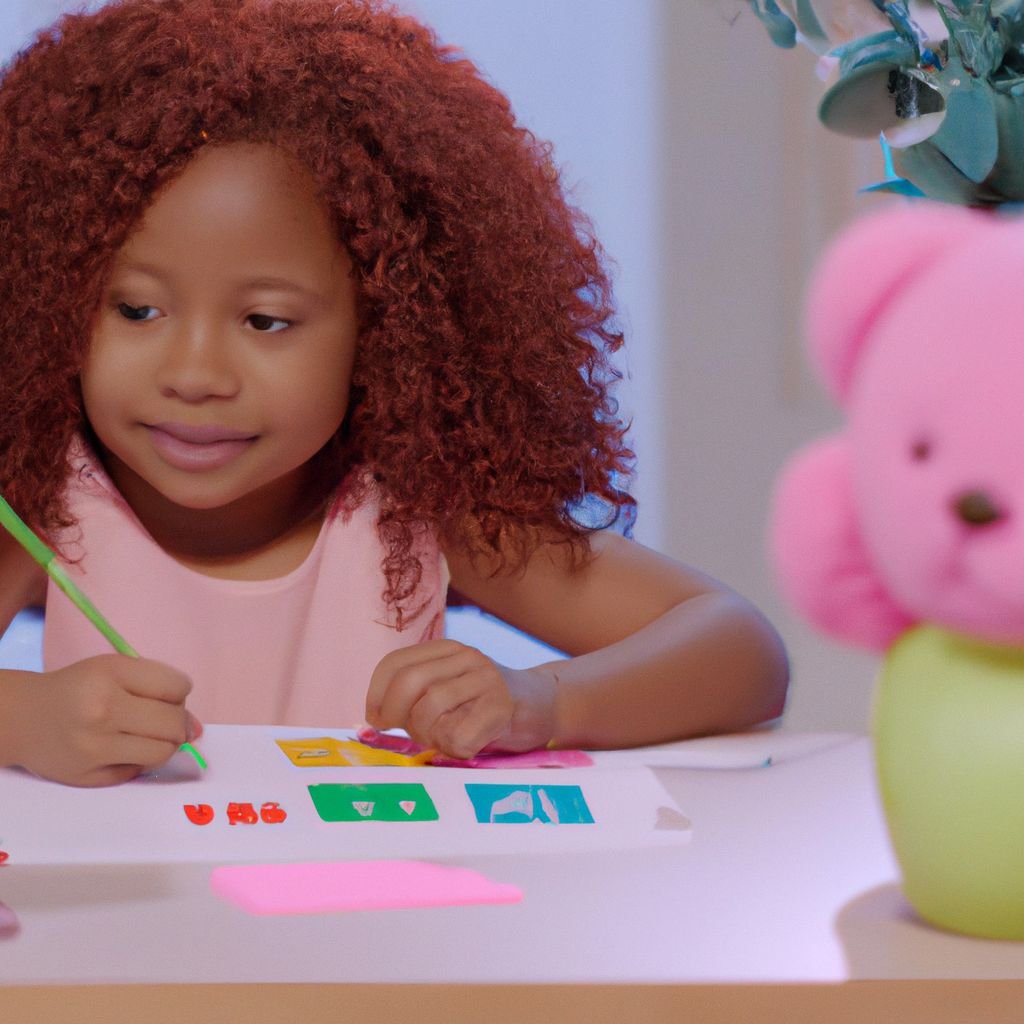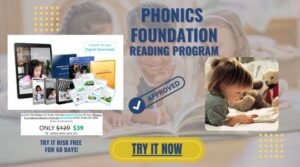Math is an essential skill that preschoolers need to develop from a young age. Hands-on math activities not only engage their senses but also lay a strong foundation for lifelong math skills. Through play and exploration, preschoolers can develop problem-solving skills and learn to apply math in everyday situations. In this article, we will explore the importance of hands-on math for preschoolers and provide fun and creative math activities that make learning enjoyable.
Key Takeaways
- Hands-on math activities engage preschoolers’ senses and make learning enjoyable.
- Building a strong foundation in math during preschool years sets the stage for lifelong math skills.
- Through play and exploration, preschoolers develop problem-solving skills.
- Counting and sorting activities help preschoolers explore numbers and patterns.
- Shape recognition activities help preschoolers discover the world around them.
The Importance of Hands-On Math for Preschoolers

Engaging the Senses: Why Hands-On Learning Works
Hands-on learning is a powerful way for preschoolers to explore and understand the world of math. By engaging their senses, children can develop a deeper understanding of mathematical concepts. Manipulating objects and using their hands to solve problems allows them to make connections and see patterns in a tangible way.
This hands-on approach also helps build a strong foundation for future math skills. When children actively participate in math activities, they develop a solid understanding of numbers, shapes, and measurements. This understanding forms the basis for more complex math concepts they will encounter later in school.
Through hands-on math activities, preschoolers also develop problem-solving skills. By experimenting and exploring, they learn to think critically and find solutions to challenges. This type of play-based learning fosters creativity and encourages children to approach problems from different angles.
To make hands-on math even more effective, it’s important to create a supportive and engaging environment. Here are some tips to keep in mind:
- Provide a variety of math materials and manipulatives, such as counting blocks, shape puzzles, and measuring tools.
- Encourage open-ended exploration and problem-solving. Let children come up with their own solutions and strategies.
- Incorporate math into everyday activities, such as counting objects during snack time or measuring ingredients while cooking.
Remember, hands-on math is not only educational but also a lot of fun! So let’s dive in and explore the exciting world of math with our preschoolers!
Building a Strong Foundation: Math Skills for Life
Building a strong foundation in math is crucial for preschoolers as it sets the stage for their future math learning. Early exposure to math concepts helps children develop a solid understanding of numbers, shapes, patterns, and problem-solving skills. By engaging in hands-on math activities, preschoolers can explore and manipulate objects, which enhances their sensory experiences and deepens their understanding of mathematical concepts.
Developing Problem-Solving Skills Through Play
Play is a powerful tool for developing problem-solving skills in preschoolers. When children engage in play, they are presented with various challenges and obstacles that require them to think critically and come up with creative solutions. Whether it’s building a tower with blocks, solving a puzzle, or pretending to be a chef in a play kitchen, these activities encourage children to use their problem-solving skills to overcome obstacles and achieve their goals. Through play, children learn to think outside the box, experiment with different strategies, and persevere in the face of challenges. Problem-solving becomes a natural part of their everyday lives.
Fun and Creative Math Activities for Preschoolers

Counting and Sorting: Exploring Numbers and Patterns
Preschoolers are natural explorers, and counting and sorting activities provide the perfect opportunity for them to dive into the world of numbers and patterns. Counting is a fundamental math skill that lays the foundation for more complex concepts later on. By engaging in hands-on activities that involve counting, such as counting objects or counting steps, preschoolers develop a strong number sense and begin to understand the concept of quantity.
Sorting, on the other hand, helps preschoolers recognize patterns and make connections. Whether it’s sorting objects by color, shape, or size, this activity encourages critical thinking and problem-solving skills. By arranging objects into groups based on their similarities and differences, preschoolers start to notice patterns and develop an understanding of classification.
To make counting and sorting activities even more engaging, try incorporating everyday objects like buttons, toys, or even snacks. This not only makes math more relatable but also adds an element of fun and excitement to the learning process. Encourage your preschooler to count and sort objects in different ways, such as by color, size, or texture, to further enhance their cognitive skills.
Here are some ideas for counting and sorting activities:
Create a counting jar: Fill a jar with small objects like buttons or beads and have your preschooler count how many are in the jar.
Sort the socks: Gather a pile of socks and have your preschooler sort them by color or pattern.
Count the steps: Take a walk with your preschooler and count the number of steps it takes to reach a certain destination.
Shape scavenger hunt: Go on a shape scavenger hunt around your house or neighborhood and have your preschooler find objects that match different shapes.
Remember, the key is to make math fun and interactive for preschoolers. By incorporating hands-on activities like counting and sorting, you’re not only helping them develop essential math skills but also fostering a love for learning that will last a lifetime.
Shape Recognition: Discovering the World Around Us
Shape recognition is an important skill for preschoolers as it helps them understand and navigate the world around them. By being able to identify and name different shapes, children can make connections between objects and their shapes, which enhances their spatial awareness. This skill also lays the foundation for more advanced math concepts in the future. Exploring shapes through hands-on activities allows children to engage their senses and develop a deeper understanding of shape attributes. Encourage your preschooler to explore and discover shapes in their environment, whether it’s finding circles in everyday objects or identifying triangles in nature.
Measurement and Estimation: Learning Through Comparison
Measurement and estimation are important math skills that preschoolers can develop through hands-on activities. By comparing objects and quantities, children learn about size, weight, and volume. Measurement allows them to understand the concept of length, height, and distance, while estimation helps them make educated guesses about the size or amount of something. Here are some fun and engaging math activities that can help preschoolers learn measurement and estimation:
Math in Everyday Life: Making Math Relevant and Practical
Math is all around us, even in our everyday lives. From counting the number of steps we take to measuring ingredients for a recipe, math is an essential skill that helps us make sense of the world. By incorporating math into everyday activities, preschoolers can develop a deeper understanding of mathematical concepts and see the relevance of math in their own lives.
One way to make math relevant and practical is by involving preschoolers in everyday tasks that require mathematical thinking. For example, when grocery shopping, you can ask your child to help count the number of items you need to buy or compare prices to find the best deal. This not only reinforces counting skills but also introduces the concept of money and value.
Another way to make math relevant is by incorporating it into playtime. Building with blocks, playing with puzzles, and engaging in pretend play all provide opportunities for preschoolers to explore mathematical concepts such as shapes, patterns, and spatial reasoning. Encourage your child to talk about the math they are using during play and ask open-ended questions to promote critical thinking.
Math is not just about numbers and calculations; it is also about problem-solving. By presenting real-life scenarios and asking open-ended questions, you can help preschoolers develop problem-solving skills. For example, you can ask your child to figure out how to evenly distribute snacks among their friends or how to arrange objects to fit in a given space. These activities encourage logical thinking and creativity while reinforcing math concepts.
Incorporating math into everyday life not only makes learning fun but also helps preschoolers see the practical applications of math. By engaging in hands-on math activities, preschoolers can develop a strong foundation in math and build essential skills for life.
Looking for fun and creative math activities for preschoolers? Look no further! At Ms. Kerri’s Story Telling Corner, we have a wide range of engaging math activities that will make learning enjoyable for your little ones. From counting games to shape recognition exercises, our activities are designed to develop your child’s math skills while keeping them entertained. Visit our website today to explore our collection of math activities and give your preschooler a head start in math!
In Conclusion
Hands-on math activities are essential for preschoolers to develop a strong foundation in mathematics. By engaging in interactive and fun math experiences, children not only learn important concepts but also develop critical thinking and problem-solving skills. Whether it’s counting objects, sorting shapes, or measuring ingredients, these hands-on activities provide a tangible and meaningful way for young learners to explore mathematical concepts. So, let’s get creative and make math exciting for our little ones! Remember, the early years are crucial for building a positive attitude towards math, and with the right approach, we can set them up for success in the future.
Frequently Asked Questions
Why is hands-on math important for preschoolers?
Hands-on math activities engage preschoolers’ senses and help them develop a strong foundation in math skills. It allows them to explore and understand mathematical concepts in a fun and interactive way.
What are the benefits of hands-on math learning?
Hands-on math learning helps preschoolers develop problem-solving skills, critical thinking abilities, spatial awareness, and logical reasoning. It also promotes creativity and enhances their overall cognitive development.
How can I incorporate hands-on math activities at home?
You can incorporate hands-on math activities at home by using everyday objects like toys, blocks, or kitchen items to teach counting, sorting, shape recognition, and measurement. You can also play math-related games or use interactive math apps and websites.
What are some examples of hands-on math activities for preschoolers?
Some examples of hands-on math activities for preschoolers include counting and sorting objects, building with blocks to explore shapes and patterns, measuring ingredients while cooking, and playing math-related board games or puzzles.
How do hands-on math activities support problem-solving skills?
Hands-on math activities require preschoolers to think critically, analyze problems, and find solutions. By engaging in hands-on activities, they learn to approach problems from different angles, develop logical reasoning skills, and gain confidence in their problem-solving abilities.
Are there any specific math concepts that can be taught through hands-on activities?
Yes, hands-on math activities can teach various math concepts such as number recognition, counting, addition, subtraction, shape identification, measurement, estimation, and basic geometry. These activities provide a concrete understanding of abstract mathematical concepts.


Ms. Kerri’s Corner provides a exciting virtual space for preschool learning. Through a variety of engaging activities, she exposes young minds to early math, literacy, science and social-emotional skills in a developmentally appropriate way. Centers for blocks, art, books and music allow children to explore hands-on learning at their own pace. Guided lessons subtly introduce number sense, letter sounds and narrative thinking. Careful observation gives insight into each child’s progress across domains. Viewers are also invited to participate, reinforcing that their ideas are valued. By making learning fun yet purposeful, Ms. Kerri lays the groundwork for future academic success while fostering creativity and imagination. Her program offers preschoolers valuable screen-based learning experiences.








